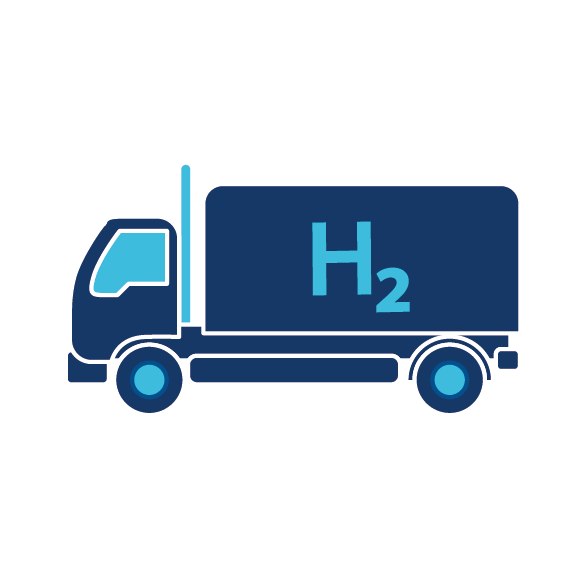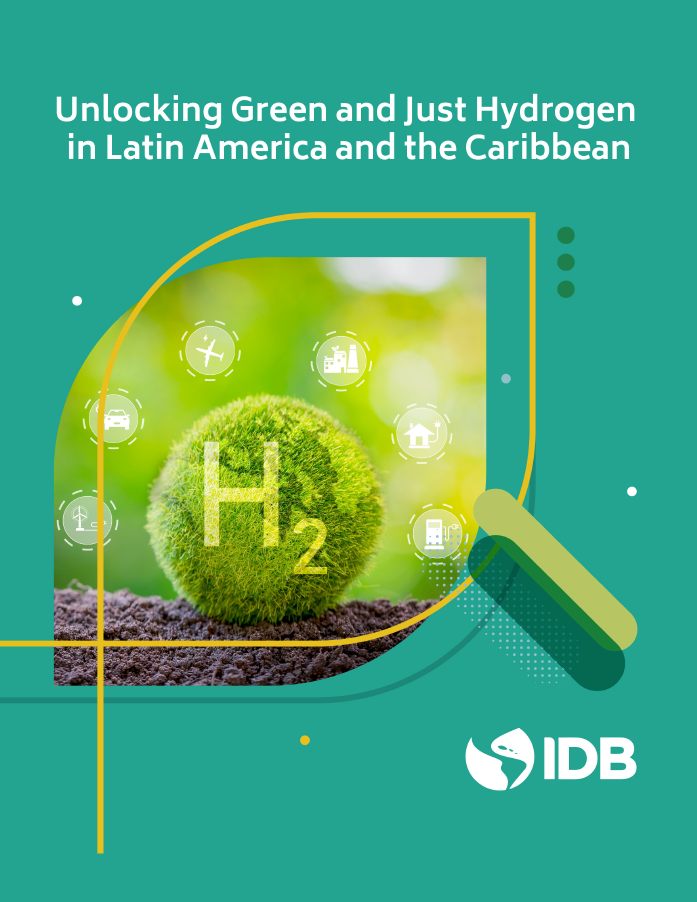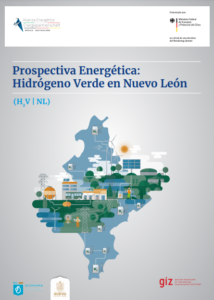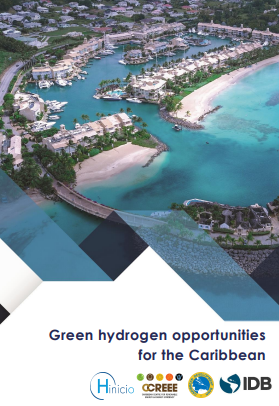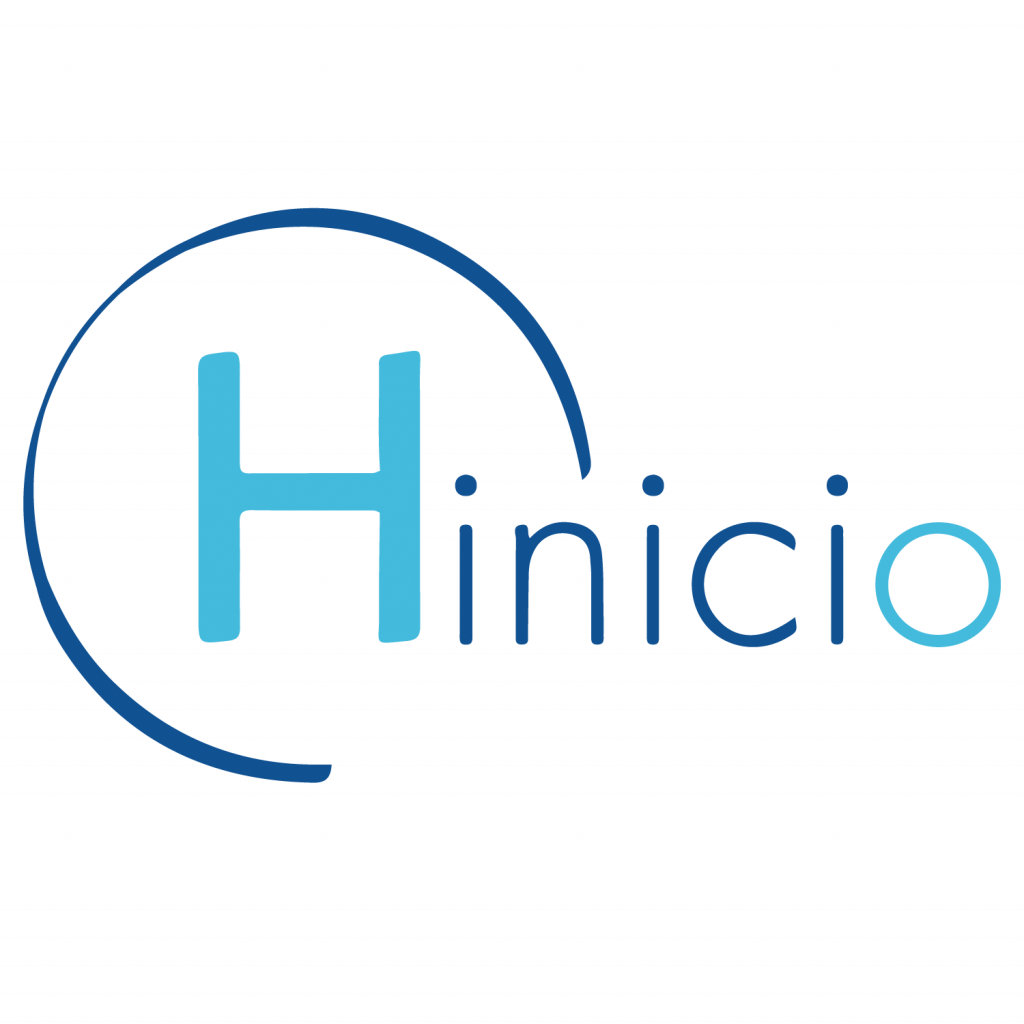In February 2021, the French government published the Ordinance No. 2021-167 which defines the future context of the renewable and low-carbon hydrogen market in the country. While certain decisions will not be taken before the second half of 2021 (CO2 emissions threshold, calculation, and allocation of CO2 emissions, specific rules for auctions, etc.), it is already possible to assess the feasibility of new hydrogen business cases based on the French legal framework, and therefore, on engineering and energy supply.
Three types of hydrogen were defined by the French government: renewable, low-carbon, and fossil-based. A maximum CO2 emission threshold for hydrogen will be implemented to be considered a renewable or low-carbon hydrogen. Renewable hydrogen must be produced from renewable energy sources and not generate any direct conflict of use on these energy sources. Therefore, production channels such as steam reforming of biogas will not be considered renewable hydrogen. All other production routes that meet the CO2 emission threshold will produce low-carbon hydrogen. The rest of the market will be considered fossil, including the co-produced hydrogen.
Regarding the traceability of renewable and low-carbon hydrogen, two mechanisms are introduced by the French regulatory framework. While Guarantees of Origin (GOs) use the principle of “book and claim” similar to electricity (the hydrogen molecule and its environmental attributes can be sold separately), the Guarantees of Traceability (GT) will require that the molecule and its attributes remain linked from production to consumption. Traceability Guarantees also prohibit the mixing of several types of hydrogen in the same logistics-chain and demand a dedicated transport and distribution system. Finally, TGs are the only certificates that will allow a consumer to prove his actual consumption of renewable or low-carbon hydrogen, while the GOs will only serve to certify his support for this type of production.
Last, the Ordinance introduces a subsidy mechanism for the production of renewable and low-carbon hydrogen by electrolysis in the form of open calls for projects, similar to those currently existing for renewable energies. The state offers contracts subsidizing the investment and/or operation (in the form of additional remuneration) and will mainly focus on large-scale projects. Smaller projects and less mature technologies will be assessed in specific calls for projects.
Although more details are expected in future decrees and orders, this Ordinance already makes it possible to foresee the impact of the French law on projects by industrial players and their customers. Building on our experience of over 15 years across the entire hydrogen value chain, in Hinicio we have developed a specific PDA service (Project Development Assistance), dedicated to reduce the high-impact risks on hydrogen production projects for our clients, which unfolds in: reviewing and formalizing business cases, developing pre-feasibility and feasibility studies, project engineering, financing, research of off-takers, and energy purchasing strategies, among others.
If you would like to check more about this unique portfolio at your service and meet our experts on these topics, do not hesitate to contact us at servicesuites@hinicio.com.


